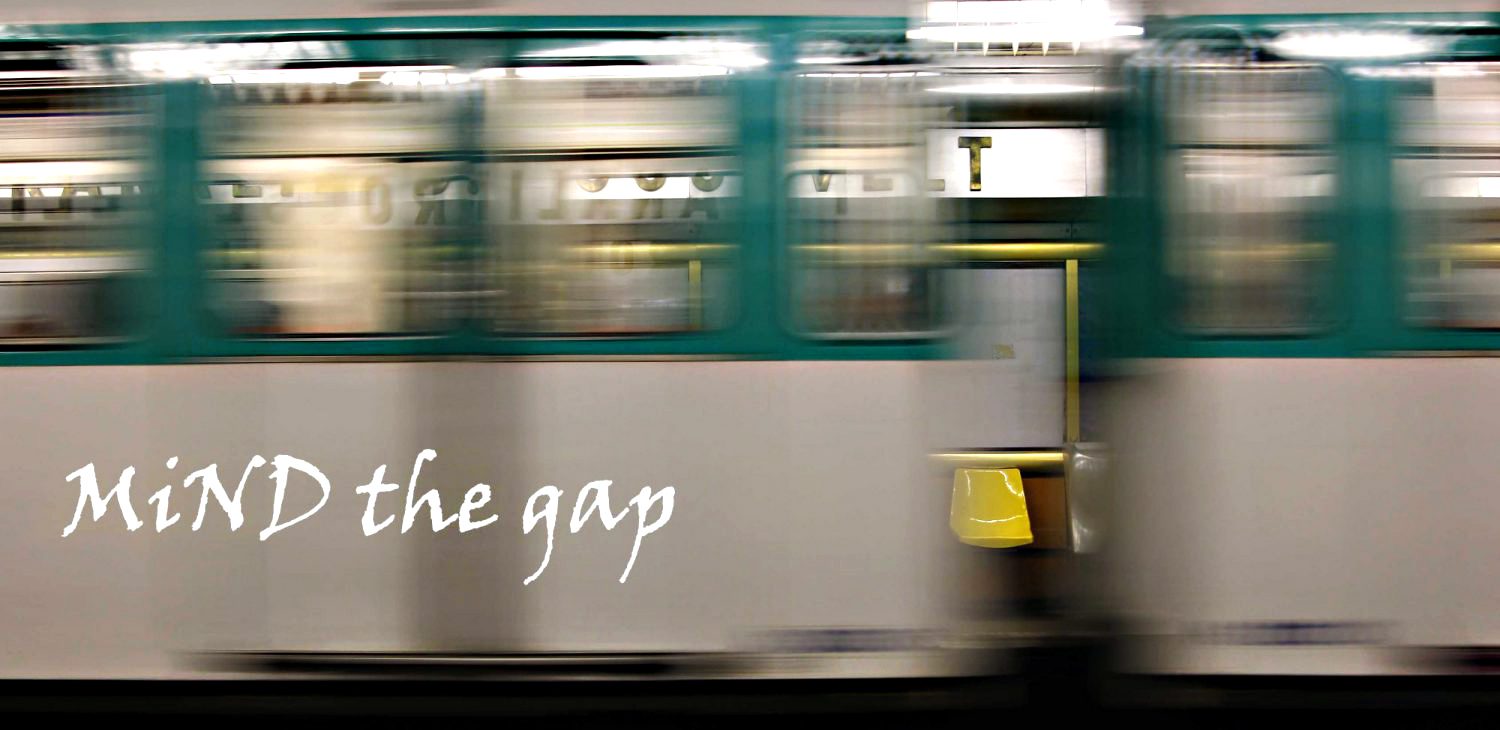
This month we interviewed a 22 year old female college student who took part in the CoCA-PROUD study in Frankfurt. I would like to thank her for sharing her valuable experience as a participant in our study and what is it like to live with ADHD.
What is it like to live with ADHD?
I’m usually very chaotic and it’s difficult for me to keep organized and remember appointments. I get distracted quickly and it’s hard to concentrate. My fellow students and friends find it sometimes annoying. I had difficulty with concentration and organization even in elementary school and not much has changed since then. But today I do have conscious strategies to organize myself a bit better. That helps in some situations.
I was only diagnosed with ADS 1.5 years ago at the age of 20. I was examined in elementary school because of similar problems and my parents decided me to take part in a psychological therapy but a diagnosis wasn’t given. On the one hand it was a relief when I got diagnosed, because I always thought I have problems in these things. But on the other hand, it also feels strange to have a diagnosis. Nobody really knows about it except my parents, my boy-friend and some best friends. I find it uncomfortable to talk about and I don’t want everyone to know that I have problems in these things, because so many people have prejudices.
For 1.5 years I’ve been taking medicine regularly. In some situations, I can tell that it helps, like to be able to concentrate better. In other situations, the effect isn’t as clear. But my boy-friend notices immediately if I haven’t taken my medication.
For me the positive side of ADS is that I often have more ideas than other people do and I also react more emotionally, for example when I’m happy. But still, on the medication, however, I also notice that most of the time I’m not as emotional as I normally would be.
Light therapy to manage ADHD
I saw the flyer that was posted on the homepage of the Department of Child and Adolescent Psychiatry at the Goethe University Hospital Frankfurt. I was searching online about research on ADHD because I was interested in research on ADHD in general and I wanted to learn more about the types of interventions investigated in the clinical study. Actually, I was most interested in the light therapy. I had read about it before and wanted to give it a try. So naturally I was excited when they told me that I was assigned to the light therapy group. I did the light therapy for 10 weeks starting in June 2018. They gave me a specific lamp and a smartphone with an app. I also had to wear the light sensor day and night, but it didn’t bother me. At work I wasn’t allowed to wear the sensor. The lamp was easy to use, however the light therapy needed to be done very early in the morning before I went to work. During the week, it was sometimes hard to find the time to do the light therapy early in the morning before heading to work. It was really hard to get up that early on Saturdays for it. That’s something that I didn’t like about the therapy. The app was easy to use. The feedback didn’t always work right, but that wasn’t important for me. During the 10 weeks of light therapy I felt much better in the mornings; it was easier to start the day and to get into the day. So in that way it was very helpful for me. I did not recognize any effects on my difficulties to concentrate or being organized. I would definitely recommend to participate in this study and to use the light. I am planning to buy one and to do light therapy on my own.
The interview was done by Jutta Mayer. She is a psychologist and psychotherapist at the University Hospital Frankfurt and the clinical project manager of the PROUD study which is part of the CoCA project (www.coca-project.eu).

